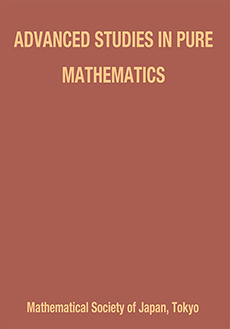Abstract
This paper is concerned with blowup for a complex Ginzburg–Landau equation $e^{-i\theta} u_t = \Delta u + |u|^{\alpha}u$, where $-\frac{\pi}{2} \lt \theta \lt \frac{\pi}{2}$, $\alpha \gt 0$. It is shown that if $\alpha \lt \frac{4}{N}$ and the initial value has negative energy, then the solution blows up in the norm $\| \nabla \cdot \|_{L^2(\mathbb{R}^N)}$. This result is almost a direct consequence from the result by Cazenave, Dickstein and Weissler (SIAM J. Math. Anal. 45 (2013), 244–266). The result gives a contrast to the results for the nonlinear Schrödinger equation. Moreover, it is established that the solution blows up in finite time even when the initial value does not have negative energy. In the proof it is shown that the well known potential well method for the nonlinear heat equation can be applied to the present case. From these results this paper clarifies that a complex Ginzburg–Landau equation has some features of parabolic equations.
Information
Digital Object Identifier: 10.2969/aspm/08110375


